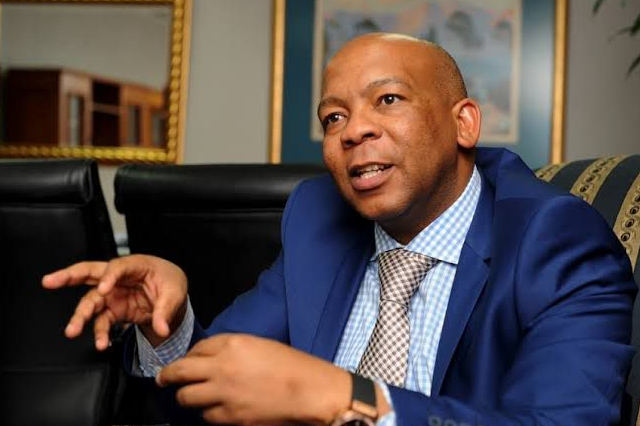Cape Town – Electricity Minister Kgosientsho Ramokgopa has reportedly announced Eskom’s plans to spend R30 billion on diesel in an effort to lessen load shedding this winter.
Last month, Ramokgopa warned South Africans of a dark and cold winter plagued by higher stages of load shedding if the power utility’s grid remained constrained.
According to EWN, the minister said that Eskom needed at least 66 000 megawatts to bridge the gap between demand and supply.
“I’ll be brutally honest. It’s going to be an exceptionally difficult winter. We know that in summer conditions, the deficit is 6 000 megawatts. When we go into winter, the peak can go up to 37 000 megawatts. But at the current rate of trips and failures, it’s going to be an exceptionally difficult winter,” the report quoted Ramokgopa as saying.
Speaking at a briefing on Friday as he outlined the implementation of the energy action plan, Ramokgopa said the next 150 days would be difficult but that interventions were already under way, reported TimesLIVE.
Ramokgopa said that among other measures, Eskom will maximise the use of Open-Cycle Gas Turbines (OCGTs) to generate electricity, which will cost the power utility about R30 billion on diesel.
ALSO READ | ‘It’s going to be an exceptionally difficult winter’ – Ramokgopa
“We know that in the 18% tariff increase that Nersa granted Eskom, there’s R8bn set aside to buy diesel. In the R254bn fiscal relief provided by the National Treasury, there’s about R22bn set aside for purchasing diesel, so in total we are talking about R30bn for diesel.
“The cost of protecting the South African economy will be significant but we say the measure of the success of our intervention must be seen to protect jobs, to ensure that there is a degree of GDP growth so that we don’t collapse the economy. That’s what we are trying to do now,” the report quoted Ramokgopa as saying.
According to IOL, part of the plan was to buy diesel directly from the supplier, cutting out the middleman to save Eskom more money.
“The second part in relation to OCTGs and the issue around diesel is that government should consider to buy directly from suppliers because what that does, they give us an opportunity to stretch R30bn so that whatever savings we are making from cutting out the middleman, that saving can make us procure additional diesel,” he said.
Last year the power utility was struggling with diesel supply after it burnt through R7.7 billion worth of diesel which was a budget for the year.
However, National Treasury came to the rescue with the R254 billion debt relief.


